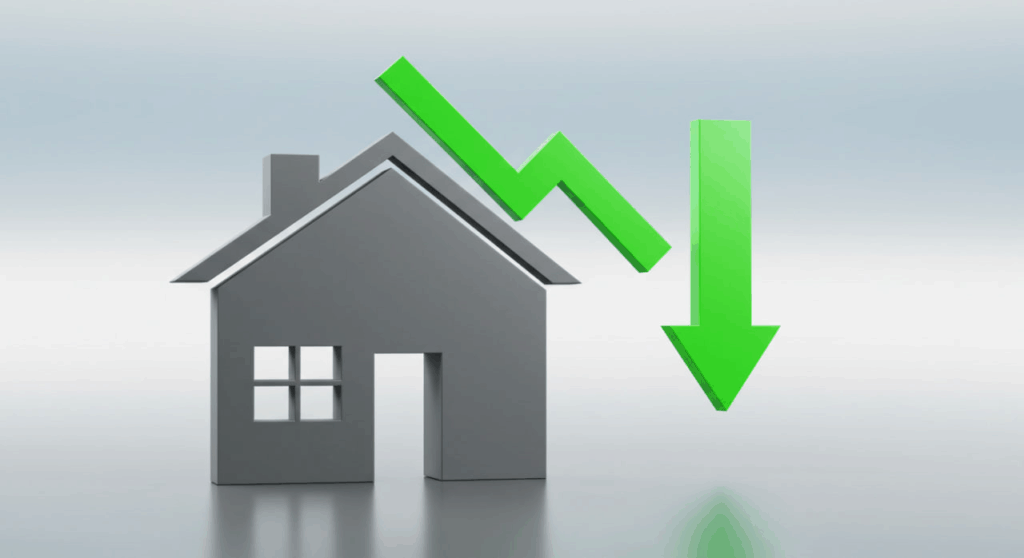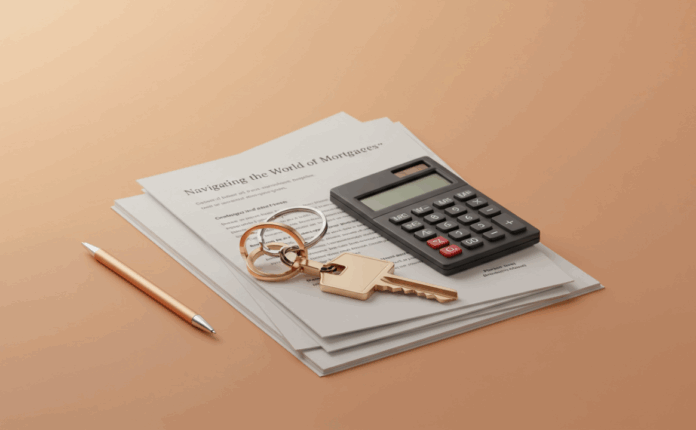Securing a mortgage is a significant financial decision, and understanding current rates is crucial. Navigating the complexities of mortgage rates can feel overwhelming, but this guide will help you find the best options for your situation.
Understanding Mortgage Rate Types
Different mortgage types come with varying rates. Fixed-rate mortgages offer stability with consistent payments, while adjustable-rate mortgages (ARMs) start with lower rates but can fluctuate over time. Understanding ARM rates is key to deciding which option best aligns with your risk tolerance and financial goals. Choosing between these options often depends on your financial projections and the current economic climate. You’ll want to carefully consider the potential benefits and drawbacks of each.
Factors Influencing Mortgage Rates
Several factors influence the rates you’ll qualify for. Your credit score plays a significant role; a higher score typically translates to better rates. Learn more about the impact of credit scores on your mortgage approval. Other factors include your debt-to-income ratio (DTI), the loan type, and the prevailing interest rate environment. The current economic conditions can also heavily impact the rates available.
How to Find the Best Mortgage Rates
Begin by comparing rates from multiple lenders. Don’t just rely on the first offer you receive. Shopping around is crucial for securing the most favorable terms. Consider using online mortgage calculators and comparison tools to help you streamline the process. Check out these comparison tools to get started.

The Importance of Pre-Approval
Getting pre-approved for a mortgage is a crucial step. This process involves a lender assessing your financial situation and providing you with a pre-approval letter that confirms the maximum loan amount they are willing to offer. A pre-approval can significantly improve your negotiating position when making an offer on a property. Pre-approval shows sellers you are a serious and capable buyer.
Working with a Mortgage Broker
A mortgage broker can be an invaluable resource. They work with multiple lenders and can help you navigate the complex world of mortgages, ensuring you secure the best possible rate and terms for your needs. Their expertise can save you time and potentially money in the long run. Many brokers have specialized expertise in specific loan types.
Additional Fees and Costs
Remember to factor in additional costs beyond the interest rate. Closing costs, including appraisal fees, title insurance, and other charges, can significantly impact the overall cost of your mortgage. Be sure to get a clear breakdown of all fees associated with your loan.
Maintaining a Good Credit Score
Maintaining a healthy credit score is essential, not just for securing a good mortgage rate initially but also for refinancing opportunities in the future. Paying your bills on time, keeping your credit utilization low, and avoiding unnecessary credit applications can help improve your score. Check your credit report regularly from the three major credit bureaus: Experian, Equifax, and TransUnion.
Conclusion
Finding the best mortgage rates requires research, planning, and a proactive approach. By understanding the various factors that influence rates, comparing offers from multiple lenders, and seeking professional assistance when needed, you can increase your chances of securing a mortgage that aligns with your financial goals. Remember to always read the fine print and ask clarifying questions before signing any documents.
Frequently Asked Questions
What is an adjustable-rate mortgage (ARM)? An ARM is a mortgage where the interest rate adjusts periodically based on market conditions. This means your monthly payments could change over time.
How can I improve my credit score? Regularly paying your bills on time and keeping your credit utilization low are two of the best ways to improve your credit score.
What are closing costs? Closing costs are various fees paid at the closing of a real estate transaction, including appraisal fees, title insurance, and others.
How long does the mortgage process typically take? The mortgage process can range from a few weeks to several months, depending on various factors such as your financial situation and the lender’s processing time.
What is a mortgage broker, and why should I use one? A mortgage broker acts as an intermediary between you and multiple lenders, helping you find the best rates and terms available to you. They can simplify the process considerably.



